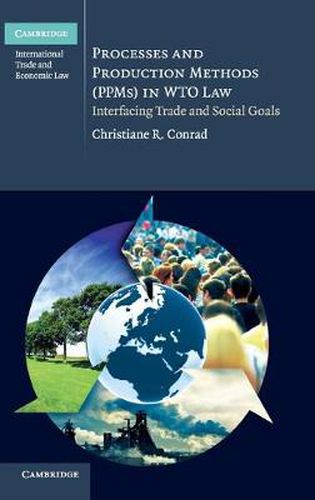Readings Newsletter
Become a Readings Member to make your shopping experience even easier.
Sign in or sign up for free!
You’re not far away from qualifying for FREE standard shipping within Australia
You’ve qualified for FREE standard shipping within Australia
The cart is loading…






Despite a decades-long debate, starting with the ‘Tuna-Dolphin’ disputes of the 1990s, questions on the status of national regulatory measures linked to processes and production methods in WTO law have yet remained unsolved. Likewise, labelling requirements relating to unincorporated aspects of a product’s life cycle remain strongly contested. These ongoing disputes at the WTO as well as global social and environmental challenges related to economic activities show how topical and important the search for adequate answers still is. Processes and Production Methods (PPMs) in WTO Law identifies and comprehensively analyses the key legal problems concerning such measures, setting them in the context of the current debate and its economic and regulatory background. Christiane R. Conrad develops a new approach to this debate which draws on the objectives and established economic rationales of the WTO Agreements.
$9.00 standard shipping within Australia
FREE standard shipping within Australia for orders over $100.00
Express & International shipping calculated at checkout
Despite a decades-long debate, starting with the ‘Tuna-Dolphin’ disputes of the 1990s, questions on the status of national regulatory measures linked to processes and production methods in WTO law have yet remained unsolved. Likewise, labelling requirements relating to unincorporated aspects of a product’s life cycle remain strongly contested. These ongoing disputes at the WTO as well as global social and environmental challenges related to economic activities show how topical and important the search for adequate answers still is. Processes and Production Methods (PPMs) in WTO Law identifies and comprehensively analyses the key legal problems concerning such measures, setting them in the context of the current debate and its economic and regulatory background. Christiane R. Conrad develops a new approach to this debate which draws on the objectives and established economic rationales of the WTO Agreements.